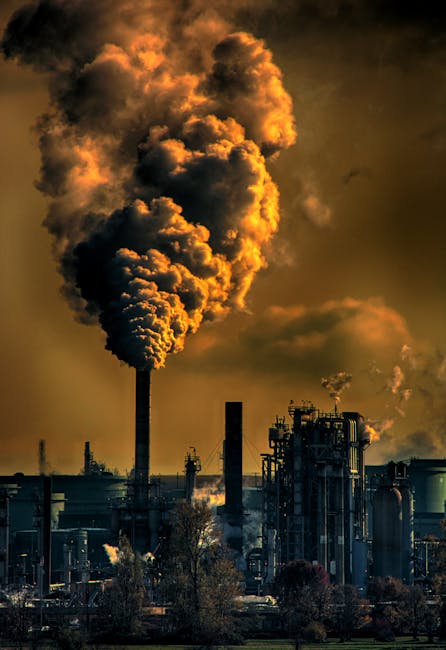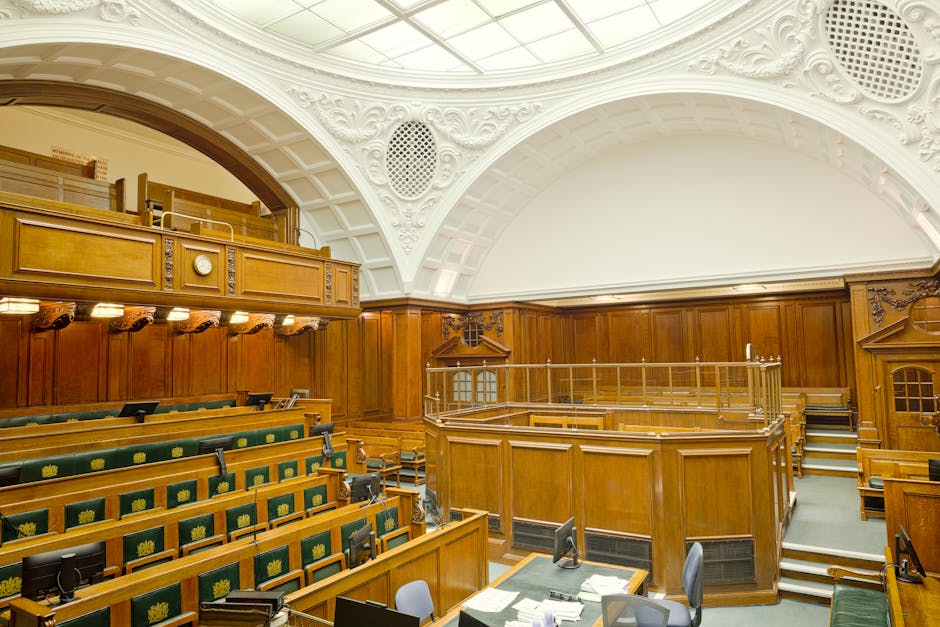Cough Syrup Banned Across States After Toxic Chemical Found
In a startling development, several Indian states have banned multiple brands of cough syrup after laboratory tests detected the presence of a toxic chemical. This discovery has raised significant concerns about the safety of over-the-counter medications and sparked urgent calls for stricter regulatory oversight.
Toxic Chemical Detected in Cough Syrup
The issue emerged when routine quality control tests by state drug control authorities identified traces of diethylene glycol (DEG) in certain cough syrup samples. DEG, a chemical commonly used in industrial applications like antifreeze and solvents, is highly toxic and can cause severe health complications, including kidney failure, neurological damage, and even death. Its presence in medicinal products is strictly prohibited under Indian pharmaceutical standards.
State Governments Act Swiftly
Following the alarming findings, states like Uttar Pradesh, Bihar, and Madhya Pradesh have banned the sale and distribution of the affected cough syrup brands. Health officials have issued public advisories urging citizens to stop using these products immediately. The banned brands, including both domestic and international labels, have been removed from pharmacy shelves, and investigations are ongoing to determine the contamination source.
Uttar Pradesh’s Health Minister stated, “The safety of our citizens is our top priority. We have zero tolerance for such lapses in quality control, and strict action will be taken against those responsible.” Similar statements were made by officials in other states, emphasizing the need for accountability and transparency in the pharmaceutical supply chain.
Public Outrage and Calls for Accountability
The revelation has sparked widespread public outrage, with many questioning the effectiveness of the current regulatory framework. Social media platforms are flooded with discussions, with users demanding stricter measures to prevent future incidents. “How can we trust medicines if even basic safety standards are being compromised?” one user tweeted.
Healthcare professionals have also expressed concern. Dr. Anjali Mehta, a leading pediatrician, warned, “The ingestion of DEG-contaminated cough syrup can have devastating consequences, especially for children. Immediate action is essential to prevent such lapses.”
Regulatory Challenges and the Path Forward
This incident highlights the ongoing challenges in India’s pharmaceutical regulatory system. Despite being a global leader in generic drug production, the country has often faced issues related to drug quality and safety. Experts argue that while the regulatory framework is robust on paper, enforcement and monitoring of manufacturing practices remain inadequate.
Industry stakeholders are calling for comprehensive reforms, including stricter quality control, enhanced surveillance of manufacturing units, and harsher penalties for non-compliance. “This is a wake-up call for the entire industry,” said a spokesperson for the Indian Pharmaceutical Alliance.
The Central Drugs Standard Control Organization (CDSCO) has launched a nationwide investigation to identify the root cause of the contamination and plans to conduct random sampling of cough syrups and other liquid medications to ensure safety compliance.
Conclusion
The ban on cough syrups containing toxic chemicals underscores the urgent need for systemic reforms in India’s pharmaceutical sector. While addressing the current crisis is critical, long-term solutions require stronger regulatory mechanisms and a culture of accountability among manufacturers. Citizens are advised to remain vigilant and report any adverse reactions to healthcare authorities. Ensuring the safety of medicines is not just a regulatory obligation but a moral imperative.
Stay updated with NextMinuteNews for the latest developments on this story.




